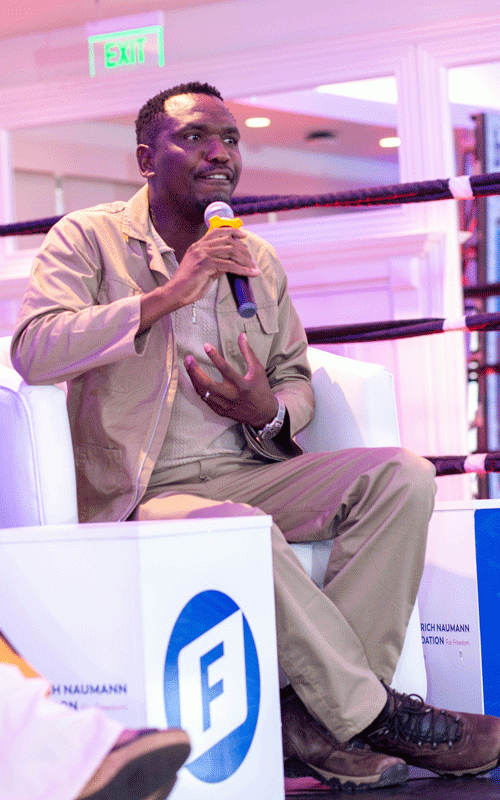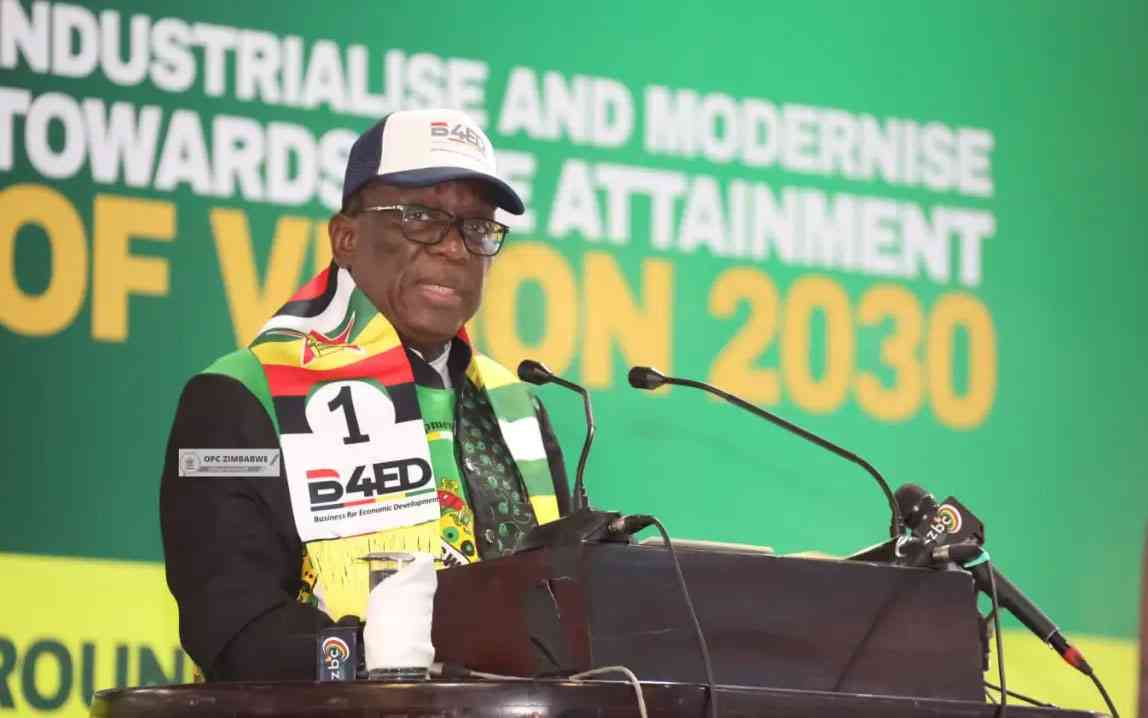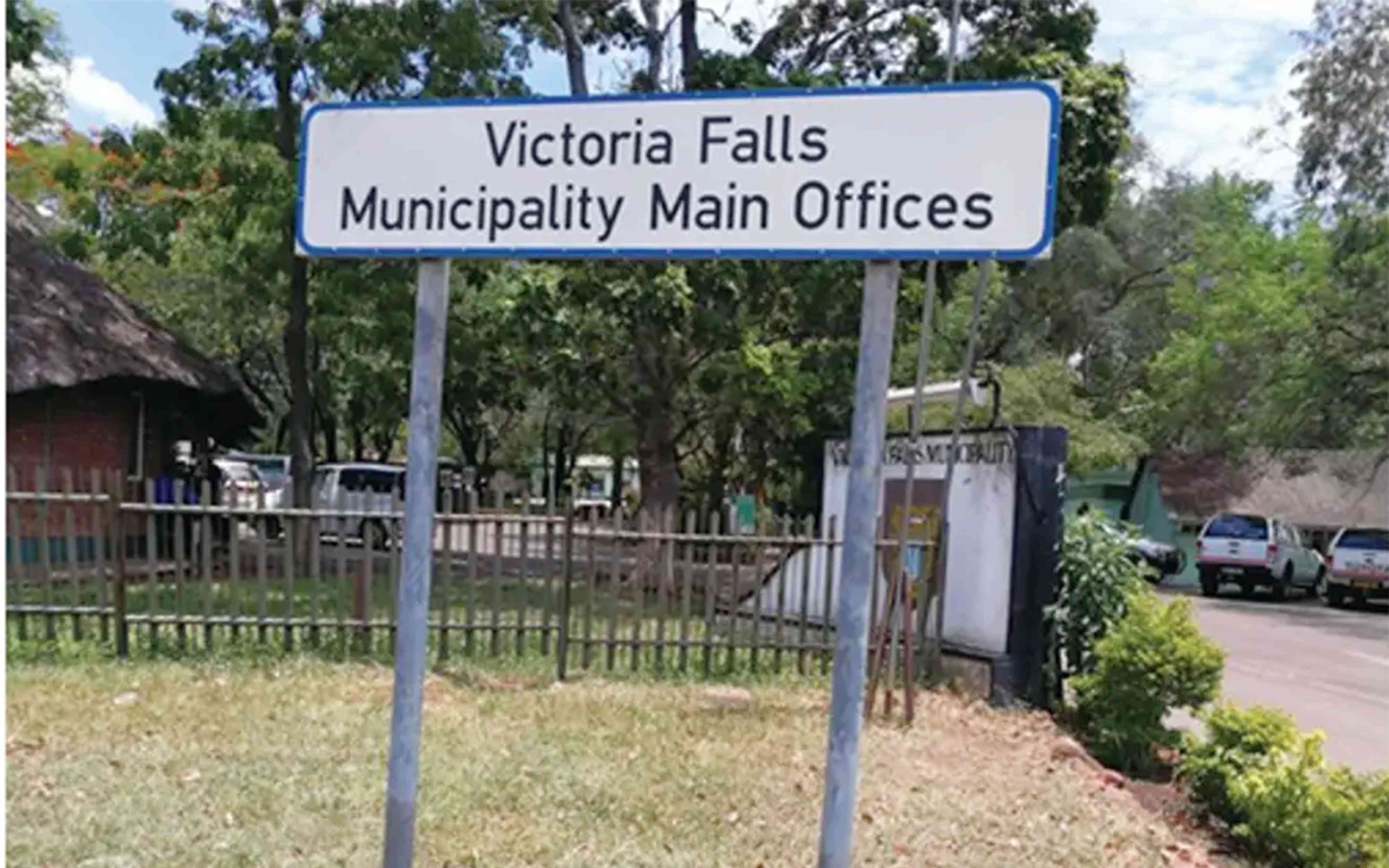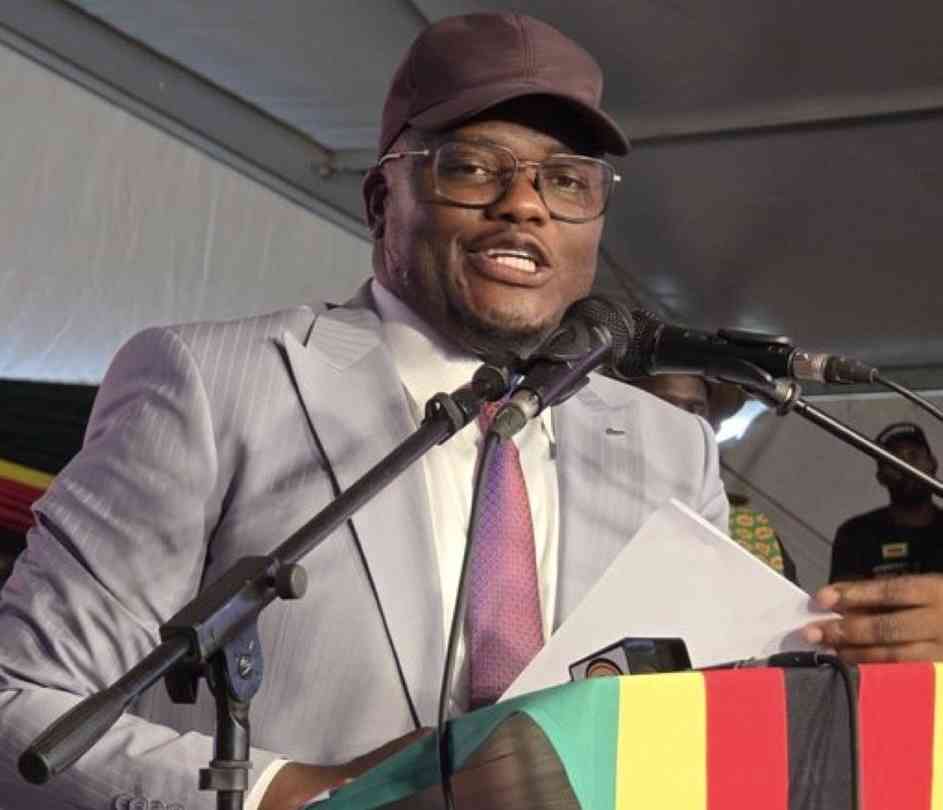
THE safety of journalists and the survival of independent media are at a critical juncture in Southern Africa, delegates at the Southern Africa Media Summit 2025 warned last week, issuing a united call for immediate action to combat unlawful surveillance, online attacks and rising authoritarian practices.
Held under the theme “Strengthening Independent Journalism for Democracy and Nation Building”, the highly-subscribed summit drew leading media figures, human rights advocates and legal experts from across the region.
Discussions centred on the escalating threats to press freedom and the urgent need to enhance digital safety for journalists amid rapidly evolving technologies.
Representatives from the Centre for Human Rights (CHR) and the Media Institute of Southern Africa (Misa) underscored the growing dangers faced by journalists and called for the creation of a regional task force to drive the implementation of safety recommendations.
Belinda Mature from the CHR outlined an agenda for legal and institutional reform to protect journalists from abuse.
“We need to protect journalists from unlawful surveillance,” Mature stated.
“We need to provide rapid legal redress for online attacks, including paying damages to journalists that are attacked.”
She also stressed the need for transparency and accountability in government surveillance and the importance of strengthening media and human rights commissions.
- Letter to my people: The experiment has failed spectacularly
- Village Rhapsody: Zimbabwean journalists under siege
- AMH journalists arrested
- Letter to my people: The experiment has failed spectacularly
Keep Reading
Mature further urged engagement with the United Nations Special Rapporteur on Freedom of Expression to support victims of state repression, noting that such reforms “are applicable either nationally or regionally”.
The summit also explored proactive strategies to build a more resilient media landscape, including integrating digital security education into school curricula to equip future generations with the skills to safely navigate the online world.
A powerful moment came from South African journalist and media manager Mamaponya Motsai, who challenged the industry to reflect on its relationship with the public.
She questioned why communities fail to defend journalists with the same passion they show for other public figures.
“Unprovoked by anyone, the people immediately said if that man (referring to South African law enforcer General Nhlanhla Mkhwanazi) is fired, we will burn this country down,” Motsai recounted.
“How is it that when we are doing the same public service...they do not feel the same passion when Faith (Zaba, Zimbabwe Independent editor) is getting arrested?
“They do not feel the same passion when a newspaper is getting closed down,” she asked, urging the industry to have an honest discussion about where it has lost its audience's trust.
Her remarks ignited debate about trust, accountability and connection between the media and the audiences it serves.
The grim reality of the region’s media environment was underscored by Amnesty International’s latest report, which detailed rising state repression and shrinking civic space.
Nokukhaya Farise, Amnesty’s senior researcher for civic space in East and Southern Africa, called on governments to honour their human rights obligations.
“As Amnesty, we will continue to call on governments to uphold their human rights obligations to ensure journalists can do their work,” Farise said.
“We really hope that we can all work together to...push back against these authoritarian practices that seek to control information as a tactic for leaders to hold onto power.”
The summit ended with a renewed commitment to collective action, a pledge to defend the right to free expression and to ensure journalists across Southern Africa can work without fear or favour.











